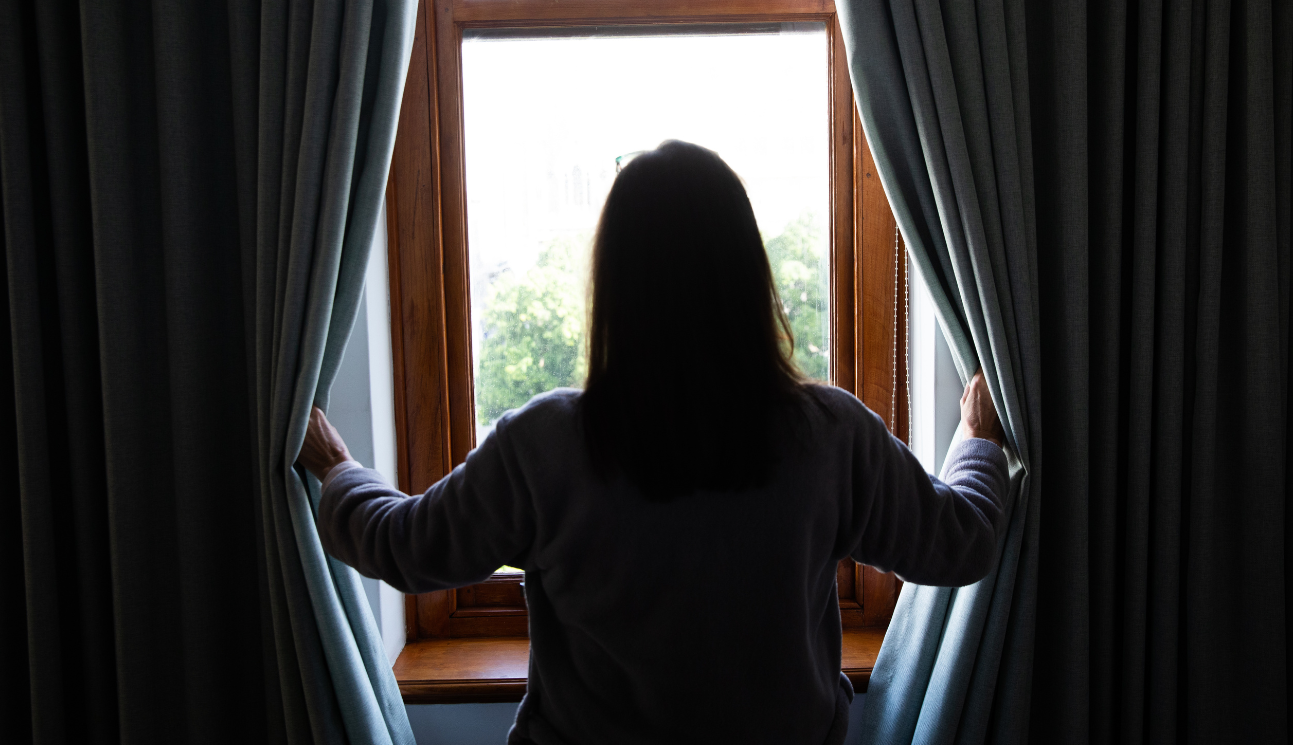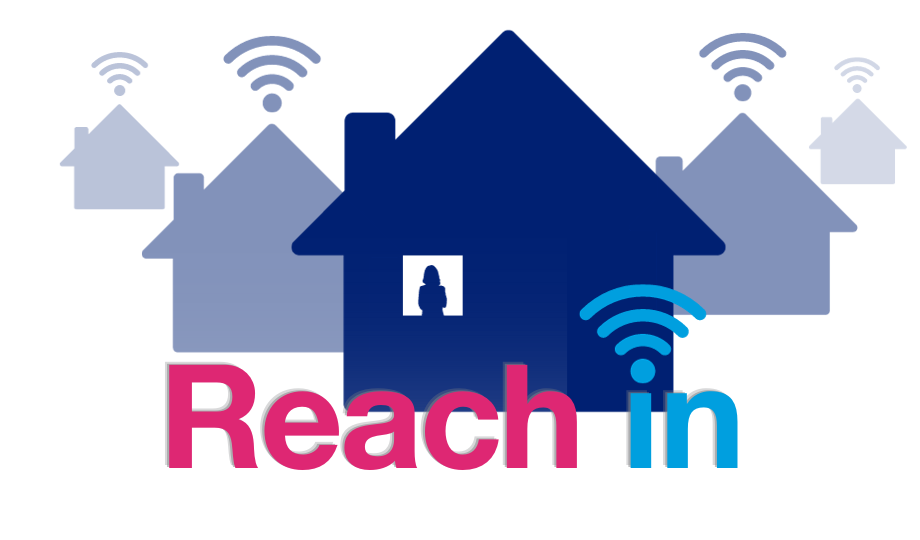
The cost of living crisis is a worrying time for many people. For those experiencing domestic abuse, it can be dangerous, traumatic and relentless. Victims of domestic abuse are being faced with a choice – remaining in an unsafe home or facing financial destitution or homelessness.
The threat of financial destitution or homelessness have long been known to be barriers to leaving an abusive relationship. The cost of living crisis is only exacerbating this issue. No one should have to stay with an abusive partner simply because they have nowhere else to go.
Domestic abuse isn’t always physical. Perpetrators of domestic abuse are using concerns of financial hardship during the cost of living crisis as an extra tool for coercive control. This can include restricting access to money, work or items they need such as clothing and food.
Jill, survivorI used to have to go without food for days just to make sure that my daughter got fed as he wouldn't give me any money for food.
The pandemic has already set back economic equality between men and women by decades, putting Black and minoritised, disabled and migrant women at particular risk. During the pandemic victims of domestic abuse were forced to choose, for example, between their phones and heating. Due to the cost of living crisis we’re seeing the same patterns of economic instability and abuse.
We have joined 80 organisations and individuals calling for urgent Government action to protect both victims of domestic abuse and the specialist services needed to support them.




